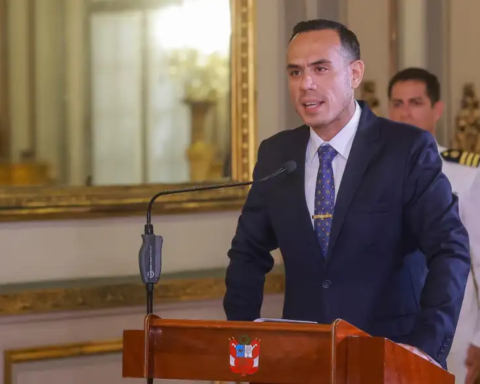The 90th anniversary of the female vote in Brazil was celebrated this Thursday (24) in a special remote session of the Senate.
“Since the remarkable legal act that is known as the right to vote for women was adopted, Brazil has gone even further with the legal measures already in place, such as gender quotas, changes in electoral legislation, aimed at introducing incentives for political parties to politicians include women on party lists, advantages through airtime and funding,” said UN Women Representative in Brazil, Anastasia Divinskaya.
According to a UN Women representative, all this resulted in an increase in the number of women in the National Congress in the last elections.
Anastasia Divinskaya recalled that today there are more black women in the Brazilian political scene and that the first indigenous woman was elected, “bringing diversity and a fairer representation of Brazilian democracy to the Legislative Power”. UN Women is the United Nations entity dedicated to promoting women’s empowerment and gender equality.
Senator Leila Barros (Cidadania-DF), who chaired the session, spoke about the importance that the right to vote brought to the exercise of so many other rights by women and stressed that this achievement can be considered something recent. “It is also a reminder that Brazil’s short-lived democracy still lacks many devices that can ensure political equity between the genders,” she said.
For Senator Lídice da Mata (PSB-BA), transforming women’s right to vote in Brazil into a right to political participation and an effective right to be voted on is a central task of women’s movements and of all those who occupy a space of power. in Brazilian society, especially in the Brazilian Parliament.
Political scientist Juliana Fratini said that, although the law determines that 30% of candidacies in Brazilian elections are women and that 30% of electoral fund resources are destined for them, much progress is still needed. “Of the number of parliamentarians currently occupying the Federal Legislative Chamber, 15% are only women, and the most impressive thing is that this 15% already means a great advance, because it was twice what it was in the last legislature.”
Juliana recalled the law that requires parties to launch 30% of female candidacies and added: “then we have an election in which 15% only women are elected to the Chamber, for all seats in the Chamber. It is already half of what the law already facilitates. So, we have a long way to go in that direction.”
Term vacancies
Senator Eliziane Gama (Cidadania-MA) highlighted another recent achievement of women, achieved in 2021 in the Senate: the creation of the women’s bench. Very active in the House, the group has a seat in the college of leaders and has time to speak on the Senate floor to defend proposals by the leadership.
Current leader of the bench, Eliziane presented a proposal that establishes vacancies for mandates. “Argentina did this, Chile did this, several countries, here in America, did this. You take Europe, Germany, England, you see it there, they set quotas at the party level, that is, you expand this participation within the party, you actually manage to reverberate,” she said.
The senator also stressed the importance of women occupying command spaces in parties. “Today, even partisan propaganda programs are resuming. It’s the party. Who decides the nominations? It’s the party. And who is running the party? Men. In other words, we need to be there”, said Eliziane. When women occupy these vacancies, the result is also different, she pointed out.
Simone Tebet (MDB-MS), in turn, asked for support for a concentrated effort in the Chamber of Deputies with the objective of approving a proposal of her own that equalizes men and women in salaries in the private sector. “The Senate has already approved it, because this is the most important point in the institutional policy agenda project.”
















